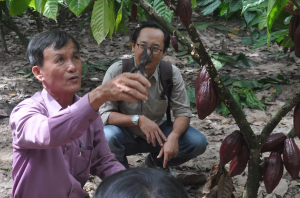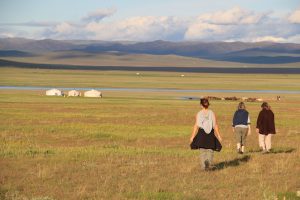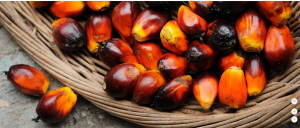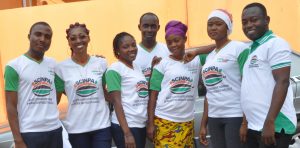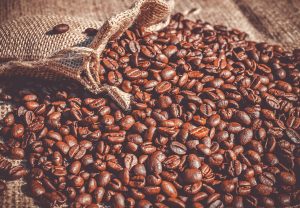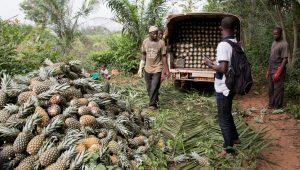
TDC supports the network of pineapple producers in Benin in business management
With 1,600 members, the RéPAB (Réseau des producteurs d’ananas du Bénin) represents about 20% of the country’s pineapple producers. Since 2003, the cooperative has come a long way, and today it has both organic and fair trade certification. A turning point was marked in 2016 with the signing of a contract with a Beninese company exporting fruit juice. In order to honour this contract, RePAB had to move up a gear, among other things in terms of the management of the organisation.


